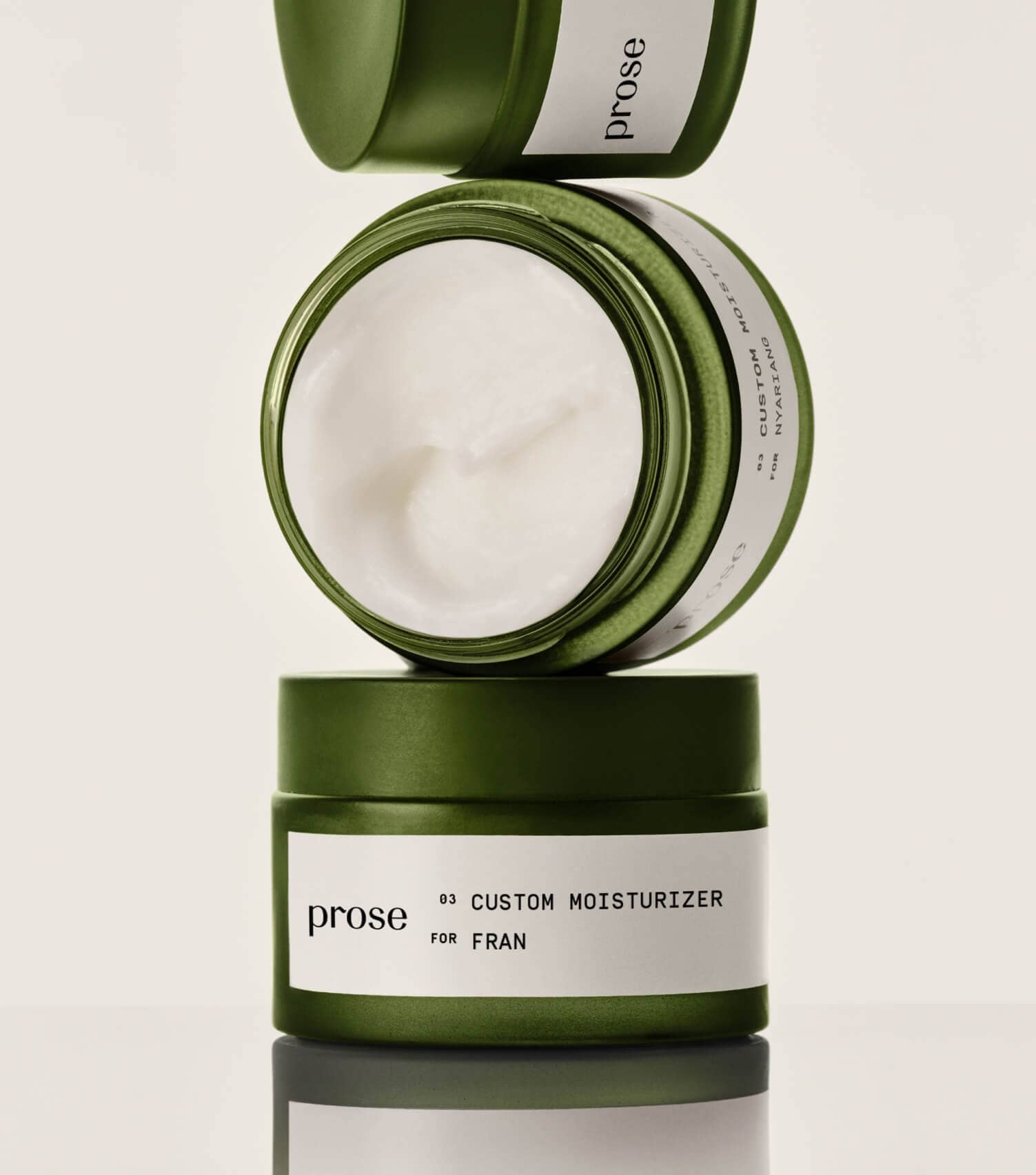Shop At Haya: Your Ultimate Shopping Guide
Discover the best shopping tips, trends, and deals for a smarter buying experience.
Moisturizer Mysteries Unveiled
Unlock the secrets of moisturizers! Discover the truth behind hydration myths and find your perfect formula for glowing skin.
The Science Behind Moisturizers: What Really Works?
The science behind moisturizers reveals the complex mechanisms that contribute to skin hydration and overall health. At a basic level, moisturizers function by sealing in moisture and preventing water loss from the skin's surface. They typically contain three main categories of ingredients: humectants, occlusives, and emollients. Humectants like glycerin and hyaluronic acid attract water from the environment and deeper layers of the skin, while occlusives such as petrolatum and dimethicone create a barrier to seal in that moisture. Emollients, which include ingredients like fatty acids and lipids, smooth and soften the skin's texture, making it feel more supple.
However, not all moisturizers are created equal, and their efficacy often depends on a number of factors including skin type and environmental conditions. For instance, those with oily skin might benefit more from lightweight, non-comedogenic formulations, while individuals with dry skin may require thicker creams to establish a protective layer. Additionally, incorporating active ingredients such as niacinamide or ceramides can enhance the performance of moisturizers by targeting specific skin concerns. Understanding what really works in a moisturizer can empower consumers to choose products that are tailored to their unique skin needs, ultimately leading to healthier and more hydrated skin.

Top 5 Moisturizer Myths Debunked
When it comes to skincare, misinformation can lead to poor choices that harm our skin rather than help it. One of the most prevalent moisturizer myths is that oily skin doesn't need moisturizer. In reality, all skin types require hydration to maintain balance and to prevent the production of excess oil. Skipping moisturizer can lead your skin to overcompensate, resulting in even more oiliness. Understanding your skin type and choosing a lightweight, non-comedogenic moisturizer is crucial for keeping your skin healthy.
Another common misconception is that more expensive moisturizers are always better. The truth is, the effectiveness of a moisturizer lies in its ingredients and formulation, not its price tag. Many drugstore products contain high-quality ingredients that can be just as beneficial as luxury brands. It's essential to read labels and understand what works for your skin rather than simply relying on price as an indicator of quality. Debunking these moisturizer myths can empower you to make informed decisions for your skincare routine.
How to Choose the Perfect Moisturizer for Your Skin Type
Choosing the perfect moisturizer for your skin type is crucial for maintaining healthy and radiant skin. First, it's important to identify your skin type, which can typically be categorized as dry, oily, combination, or sensitive. Each skin type has unique needs: for instance, those with dry skin should opt for moisturizers that contain ingredients like hyaluronic acid or glycerin to provide deep hydration. On the other hand, individuals with oily skin might benefit from lightweight, oil-free formulas that won't clog pores. To help you make the right selection, consider the following:
- Check the Ingredients: Look for moisturizers that contain ingredients suited for your skin type.
- Test for Allergies: Always patch test new products to avoid adverse reactions.
- Seasonal Adjustments: You may need different moisturizers based on seasonal changes.
Once you've identified your skin type and the necessary ingredients, the next step is to choose a moisturizer that fits your budget without compromising quality. Often, high-end products promise miracles, but effective drugstore options are also available. Remember to read reviews and seek recommendations from trusted sources, as personal experiences can provide valuable insights. Additionally, consider the texture of the moisturizer; a cream might be too heavy for oily skin, while a gel formulation could be ideal. Ultimately, the right moisturizer will leave your skin feeling balanced, nourished, and ready to face the day!